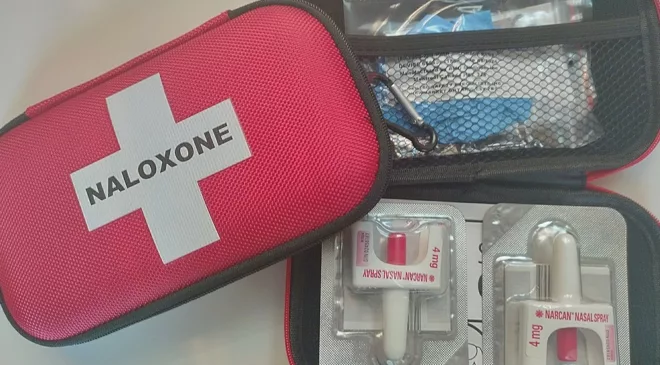The new law also notably left intact Michigan’s parental consent law.
But tucked into the language that Gov. Gretchen Whitmer signed in November — and left out of her lengthy press release celebrating the law’s passage — was the repeal of a 1978 section of state law that provided the public with detailed reporting on abortion each year.
Those details included things like type of procedure (by pill or through surgery), gestational age, how many live births and abortions the patient previously had, race and age and marital status of the patient. Providers had to submit such reports on every case within seven days of the procedure.
Those details were outlined in a 24-page “handbook,” which made clear that individual reports were to be stripped of identifiers and were to be destroyed after five years. It also prohibited copying individual reports.
The change in reporting to the state even surprised provider Shelly Miller, a long-time abortion rights activist and executive director of Scotsdale Women’s Center in Detroit.
It eliminates time-consuming and arguably intrusive questions for patients. Yet, other health systems capture robust data about diseases, conditions and procedural complications as a matter of quality control and health surveillance, she noted.
“As a woman, I get it,” Miller said, of the dropped reporting requirement. “But as a provider, I want our people to be safe and I want our doctors to be safe.’
She and other providers told Bridge they will continue to collect data for internal patient-care purposes, and they will contribute that information to places like Guttmacher, which aggregates data as a way to track trends.
But as states move away from mandatory reporting, it brings into question how solid those trend lines will be.
Voluntary reporting, few details
The U.S. Centers for Disease Control and Prevention collects data, but it’s dated. The most recent report is based on 2021 data. It’s voluntary, too. Four states — California, Maryland, New Hampshire, and New Jersey — already do not submit data.




